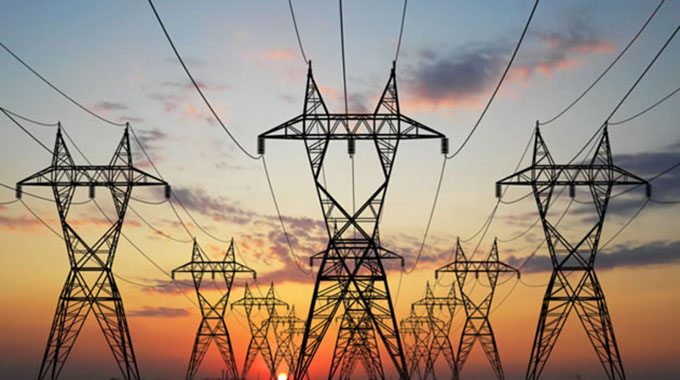
Africa Moyo Deputy News Editor
Zesa Holdings says it lost about 632 gigawatt hours (632 million consumer units) worth US$54 million last year due to bad quality coal, a claim rejected by the Coal Producers Association.
Zesa adds that a further US$1,5 million was spent on diesel, while about US$1 million was given to contractors to repair equipment damaged by poor coal.
This is contained in a report titled, “Hwange Power Station, Impacts of poor quality coal”, prepared by Zesa and handed over to new board chairman Dr Sydney Gata about a fortnight ago.
The report admits that there were no proper contracts between the coal miners and ZPC about the quality of the coal, but suppliers say they each have a supply agreement that specifies the minimum standard of coal to be delivered.
Suppliers say Zesa does not reject coal and has not raised the matter.
Right at the very start of operations at Hwange Thermal in the 1980s there were detailed technical and financial discussions over the quality of the coal in the coal beds that were to be mined through open cast operations.
The thick seam of coal varies significantly in quality between lower quality at the top and higher quality at the base.
Original plans were to throw the lower quality upper seam coal away and deliver only the better quality bottom half of the seam.
However, mixing the two parts of the seam would significantly reduce coal costs and the technical opinion was that Zesa would gain financially by using the full seam, with the lower coal costs offsetting the higher resulting maintenance costs. So coal quality has been on the agenda from the start.
Hwange Colliery Company Limited (HCCL), Makomo Resources, Zambezi Gas, Galpex and Western Coal supply coal to ZPC.
The report states: “The biggest major cause of poor performance of the station is the bad quality of coal received. Following are the results of the poor quality of coal: there is low load on the units due to the poor quality of coal. Average 41MW load is lost due to bad quality of coal.
“Due to high ash content, boiler equipment is damaged resulting in outages of the units including tube leakages and ID fan outages, etc, our boilers are designed to burn coal with 24 to 28 percent ash (but) sometimes the ash content is more than 30 percent or even more than 40 percent.”
The report indicates that on December 14 last year, ZPC received coal with 50 percent ash content.
It is said that due to tramp irons, mills are damaged and there is reduction in load.
The coal is also said to contain high quantities of fines, which have the effect of damaging machines and creating a bad working environment for employees.
Reads the report: “All efforts to persuade the collieries to provide the proper quality of coal have failed. The coal quality is getting deteriorated day-by-day. On all the units, the loads are low.”
The report says unless miners are forced to provide quality coal, there is a threat to electricity generation and continued damage to the units.
It is said that 632gigawatt hours (a GWh is a million of the kilowatt hour units that consumers pay for) were lost last year due to various challenges, all traceable to poor coal.
“Monetary loss on account of loss of power due to bad quality of coal is approximately US$54 million in 2019. The loss of 193Gwh due to reduction in load on account of bad quality of coal amounts to average loss 41MW of load, which is a big loss to the nation.
“Plant load factor was reduced by 8 percent. Plant load factor was 43 percent during 2019. It would have been above 51 percent if the coal of required quality had been received,” says the report.
The Coal Producers Association yesterday the issue of poor coal raised by ZESA had never been brought to the attention of members.
In a statement, the miners said they follow ethical and professional conduct in their operations.
“All coal producers sign separate Coal Supply Agreements (CSA) with ZPC for the supply of thermal coal. The CSA sets out a procedure to ensure conformity to the required quality of coal. The CSA allows ZPC to reject coal that does not meet the agreed specifications.
“The CSA also makes provision for the joint testing of the coal in the event of a dispute. Quality complaints that are raised at any time are addressed through the Joint Operations Committee made up of the representatives of ZPC and each individual coal producer.”
